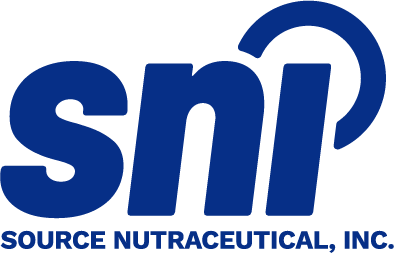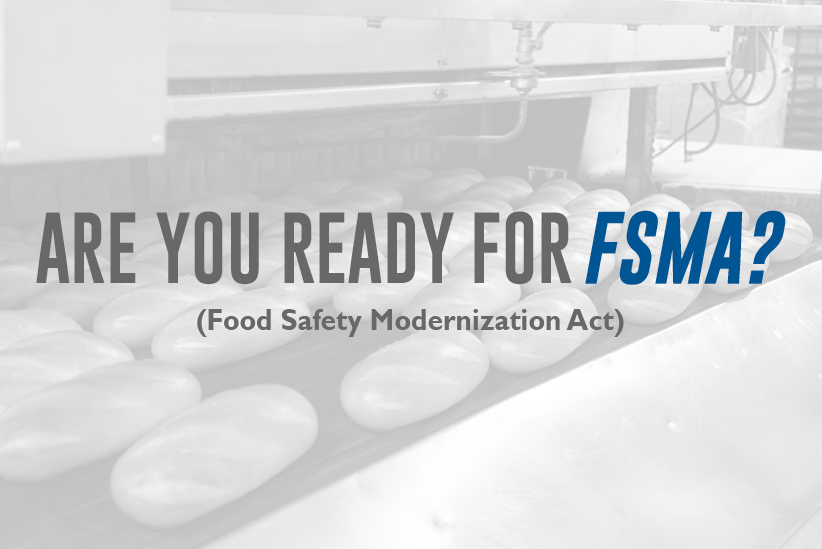On Jan 4, 2011 the Food Safety Modernization Act (FSMA) came into effect in the United States. The U.S. is presently working on implementing the requirements of the act. All Canadian food processors that export will also have to comply with the same requirements.
FSMA will enable the Food and Drug Administration (FDA) in the U.S. to better protect public health by strengthening the food safety system. The FDA will be more focused on preventing food safety problems rather than relying primarily on reacting to problems after they occur. FSMA will allow the FDA to hold imported foods to the same standards as domestic foods.
The implementation date is September 2016 for large companies (over 500+employees), and September 2017 for medium to smaller companies. Canadian processors that are doing business with the U.S. should be familiar with FSMA and how the requirements apply to their operation. Some of the requirements include:
- Food Safety Plan: Registered processors will be required to have a written food safety plan on site that identifies hazards and establish the preventative measures in place for dealing with those hazards. Facilities will have will also have to verify and document that their controls are working.
- PCQI: Facilities are required to have a Preventive Controls Qualified Individual (PCQI) identified for their operation. A PCQI is a qualified individual who has either successfully completed training or is otherwise qualified through job experience to develop and apply a food safety system. In addition, the PCQI is responsible for not only the Food Safety Plan, but the validation of the preventative controls (i.e. ensuring the controls in place are effective), record review, and constant upkeep or reassessment of the Food Safety Plan.
- Mandatory Inspection Based on Risk: the FDA will be inspecting 600 foreign facilities in the first year and the inspection are scheduled to double each year after that. If inspected by the FDA, Canadian facilities will be required to show production records, food safety plans, and proof that the plans are working.
If there is any possibility that the food being produced of a serious health risk during and inspection, the FDA can suspend registration of a facility. Without registration, a food manufacturer would be banned from exporting production into the U.S. Being ready and having the food safety plans in place will ensure a smooth transition as the FDA begins to enforce the regulations associated with this act.




